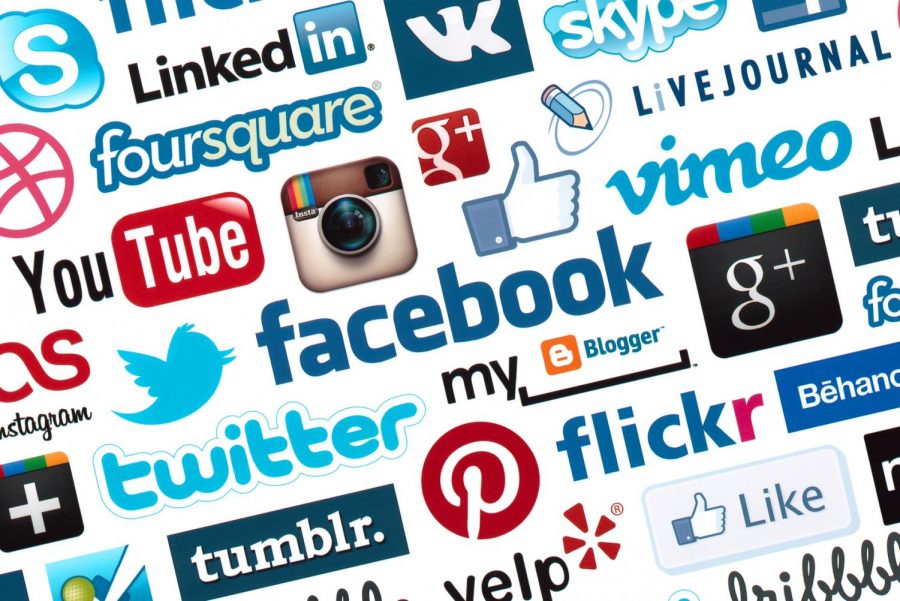The Internet: A Nucleus of Animosity and Rage
The other night, I tentatively reinstalled Instagram, having purged it from my phone several months prior. As it happens, I am no fan of social media, nor do I invest time in it, at least not since last March. I was just bored. Apparently it is impossible to follow sports without sexism, pop culture without homophobia, world news without xenophobia, and all of the above without frenzied politics.
Fixing social media is not so much a matter of purging hatred. It can be more appropriately phrased as promoting a peaceful society. Hate speech is a very serious issue. It can be seriously hurtful and cuts deep. The issue of hate online is so major because it is unavoidable. Imagine a society in which you can’t escape being detested for who you are.
As the Internet is dominated by teenagers and young adults, it is up to them to fix the current situation. They have to learn how to do so, as well as commit to doing so. It is also important to understand that this fight has become imperative.
Social media is deficient in civic interaction and is instead encumbered by hostility. Online communication, often used purely for provocation and expression of ill will, is becoming dominated by social media users who are masters of antagonism. The Internet has come to be this way only because good-natured people have allowed it to.
Naturally, more friendly people do not have a proclivity for disagreements and are liable to leave hate unchecked at times. No, it isn’t “worth it” to dive headfirst into a tempestuous comments section with guns blazing. There are more controlled and reliable ways to combat hate speech online. UNESCO journalist Poni Alice JameKolok outlines these dependable strategies in her article, “5 ways to counter hate speech in the Media through Ethics and Self-regulation.”
Educate and spread awareness on the topic of media ethics and human rights. Encourage victims and witnesses to report hate speech. Content on social media can be regulated if an effort is made to do so. The current situation has become so severe because cyber offenders feel exempt from punishment, but while social media provides a disconnect, it doesn’t create impunity.
Last week, the WNBA reaffirmed their dedication to social justice and was met with thousands of young men reminding them “where the kitchen is.” Yesterday, Twitter users cheered for the separation of families at the Mexico-United States border. Viral memes about George Floyd and Breonna Taylor are currently in circulation. These actions were made and this content was created solely to goad others, to encourage anger and negativity. I’ve seen it all in less than half an hour surfing the Internet.
Today, hate crimes are thriving online. Even so, there is still hope for social media. It can be saved if a collective effort is made in the fight against hatred. It’s up to us.


